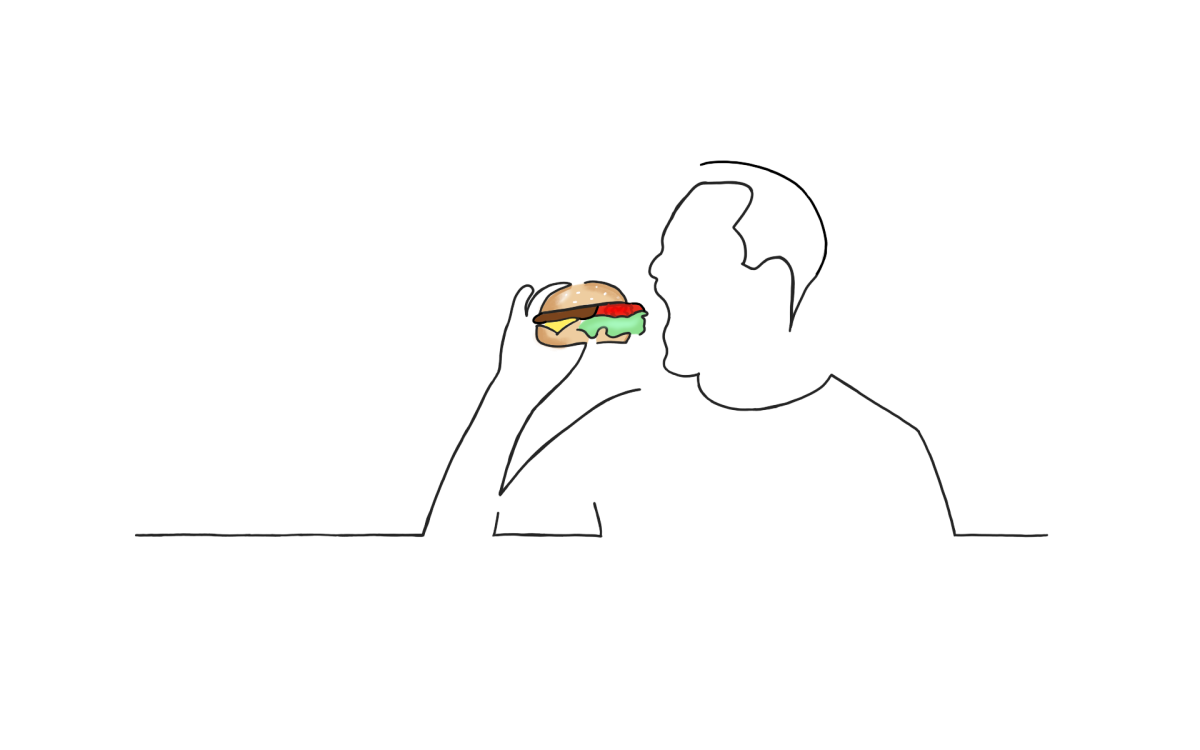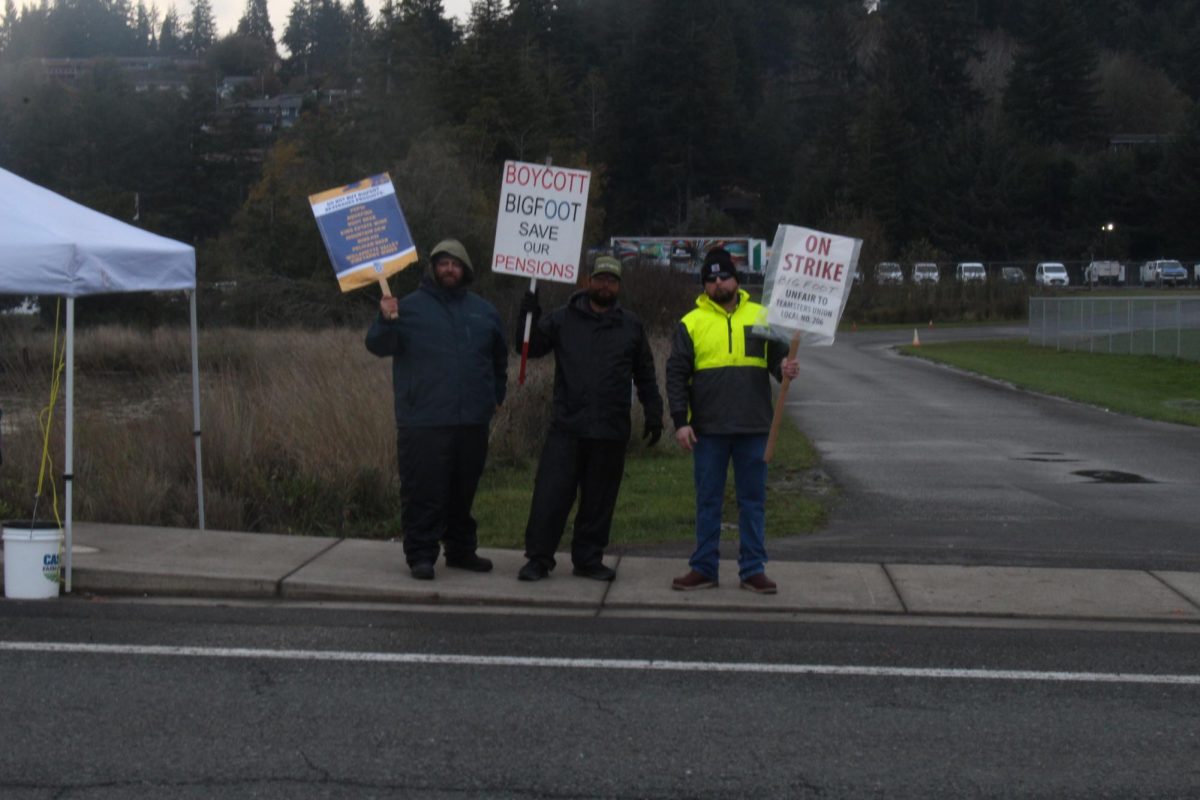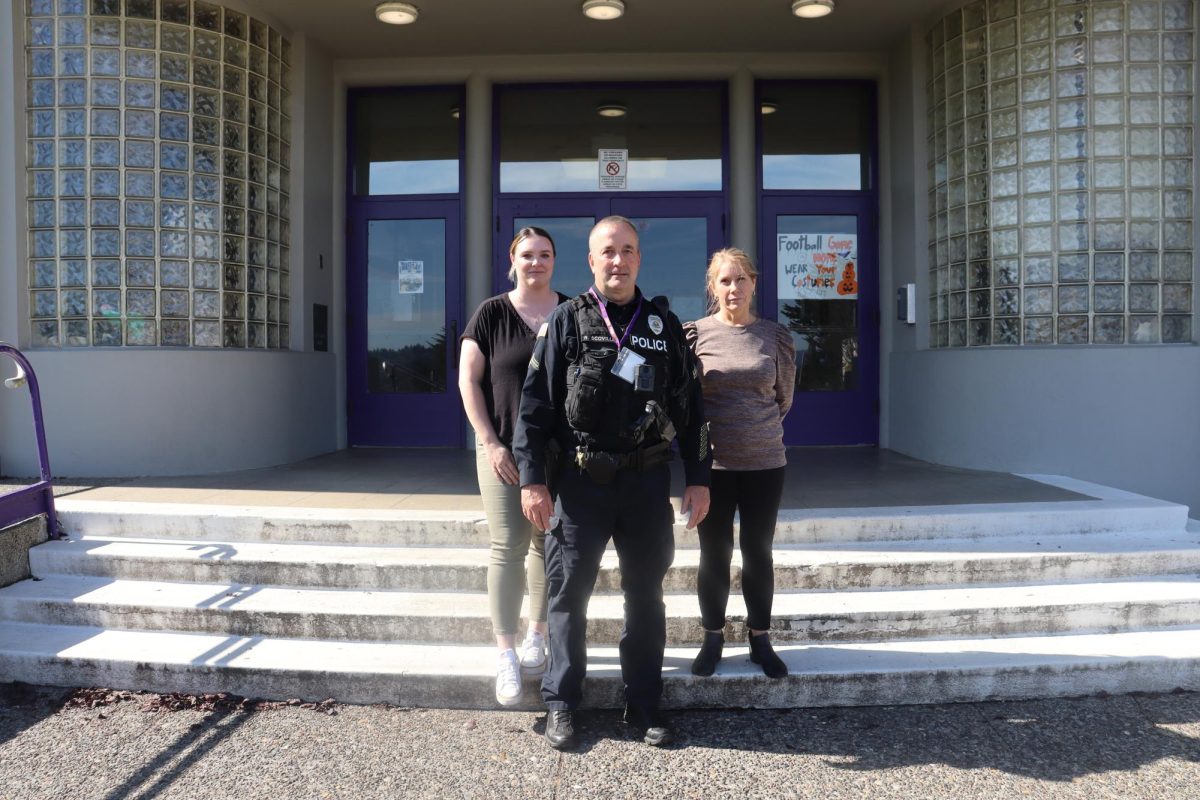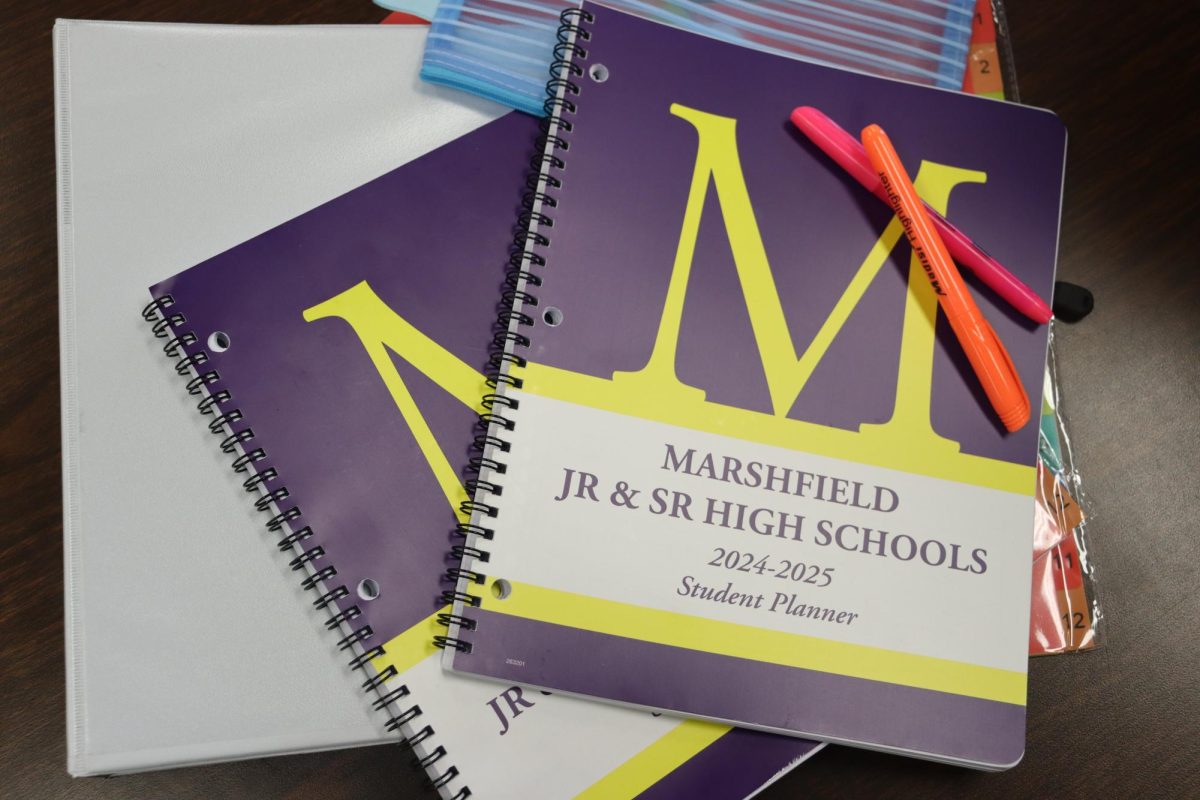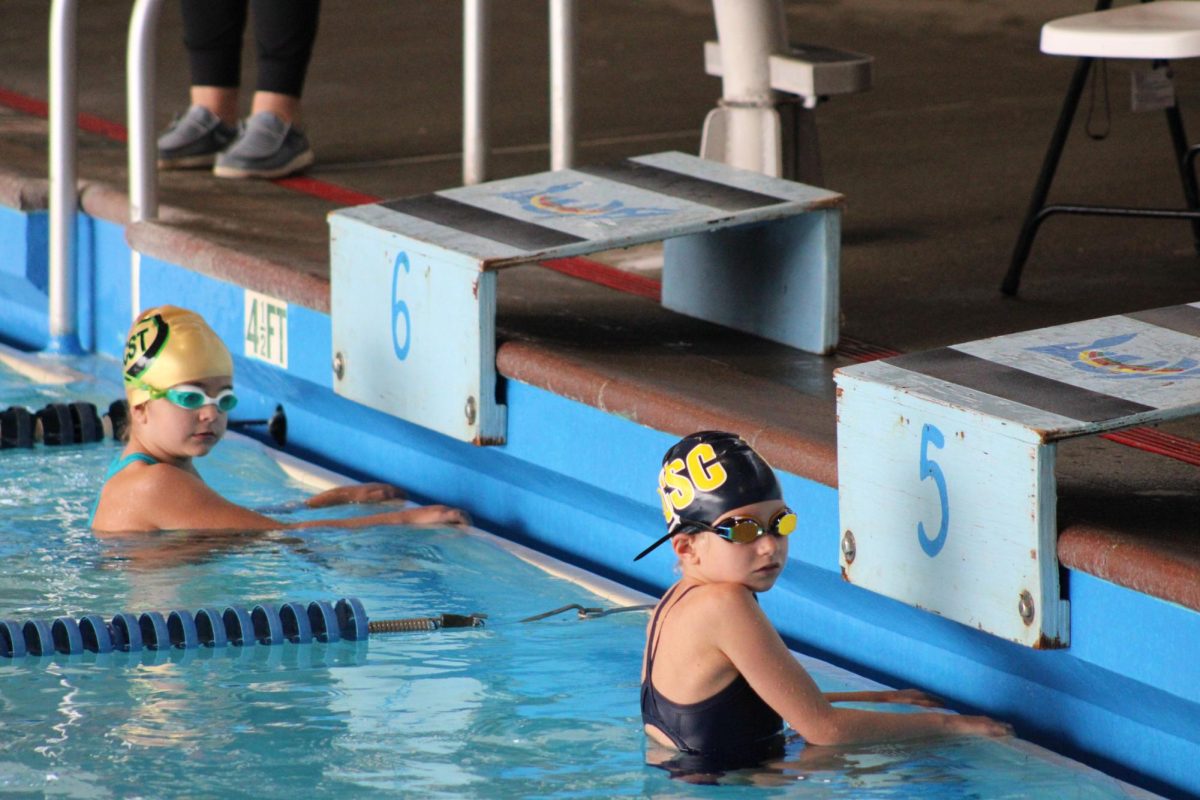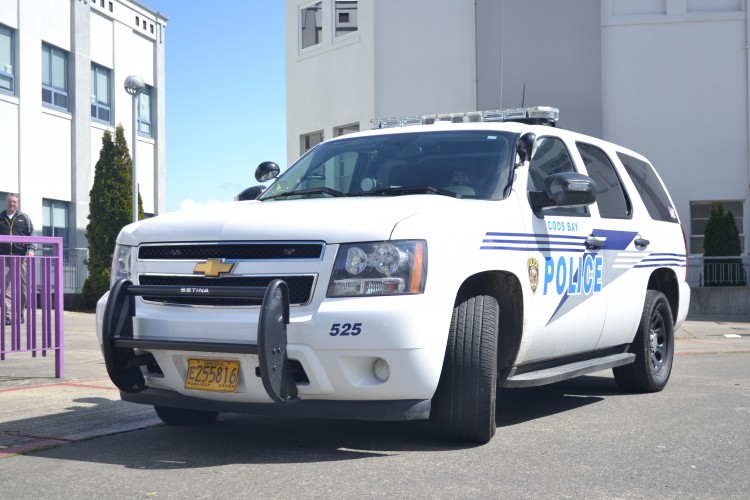
Texting and driving dangers have been acknowledged and prohibited by today’s police, but the practice is not completely avoided by drivers.
The phenomenon of texting while driving is acknowledged but never fully avoided by today’s drivers. Although there is not a nationwide ban on cell phone use or texting, 37 states have enacted laws excluding all hand held cell phone use, including Oregon. These laws, accompanied by numerous media commercials and public announcements, have been broadcasted in every state throughout the nation.
The Coos Bay Police Department (CBPD) is stepping in to try to bring down the number of distracted drivers and misuse of seatbelts locally. Officer Steve Myers has been a part of the CBPD for over 16 years, and he has yet to see a decline in the act.
“We don’t usually see a decrease of phone use, whether texting or calling, while driving,” Myers said.
Since cell phones are continuing to advance, they now provide users with the ability to do almost anything with one quick tap on the screen. Distraction is likely to happen when someone has the world two feet from them while they are behind the wheel. Sophomore Isabel Groth earned her license only seven months ago and finds her cell phone troublesome while driving.
“When I can’t see the road, I feel uncomfortable,” Groth said. “I can’t multitask while driving either. I swerve when I look away even for the shortest moment, so writing a full message on my phone while driving sounds dangerous.”
In the state of Oregon, all drivers under 18 years of age are prohibited from using any handheld device while driving. Repercussions can vary from a minimum fine of $142 and a maximum of over $500, or even losing one’s license. Adults of 18 years of age are permitted to use a Bluetooth headset, speakerphone, wired headset or car kit if the use of a cell phone or device is required. According to campus security guard Todd Tardie, there should be no reason to use a phone while driving.
“With technology being as advanced as it is, with hands free or speaker, there shouldn’t be a reason students or adults need to be on any device while driving,” Tardie said.
According to Myers, for those caught in the act, many try to play it off as they were “fixing the radio” or “passing it to the passenger,” but those who try to lie their way out of a ticket do not realize it is not hard to spot a driver on their phone. Myers said there is a trend of the same movements for those on their phone, and police can detect phone users throughout traffic without much difficulty.
“We see mainly either their hands with the phone directly to the side of their head or it in their hand looking at it,” Myers said. “If I’m not 100 percent sure I’ll let it slide, but if I pull someone over they were more than likely to be on their phone.”
According to Myers, lately people have backed down on trying to cover their trails. Trying to get out of a ticket may be the first response to being pulled over, but those caught will still end up with one. Myers has noticed the positive tendency of many confessing what they did and accepting the ticket.
“Over time, I’ve experienced a lot more compliance, which is good,” Myers said.
However, sophomore Taylor Johnson was pulled over by Myers, for allegedly using his phone while driving. According to Johnson, this was not the case and he was wrongly accused.
“My hand was on my chin and I moved my hand to turn up the volume on the radio. When I saw the lights, I thought I had ran a red light,” Taylor said. “But when he accused me of being on my phone, which I didn’t do, I became frustrated.”
According to Myers, he saw Johnson holding his phone to his ear and put it down before he had come to a complete stop.
“He claims he was changing the radio, but I saw him and what he was doing,” Myers said.
The National Highway Traffic Safety Administration reported that distracted driving was the result of 18 percent of all fatal crashes in 2010, with 3,092 killed and 416,000 wounded. Groth agreed that texting while driving is dangerous.
“Driving while texting, or messing with your phone, not only puts yourself in danger but everyone else in the car, as well as everyone around you on the road,” Groth said.
Phone use while driving on campus is not as seen as much as off campus, but Tardie said the school should address and remind those who drive that it is a serious threat.
“It should be addressed in school, whether an assembly or announcement,” Tardie said. “It’s a big issue that affects us all or could affect us. It’s like drugs and alcohol, we should at least attempt to prevent it.”


